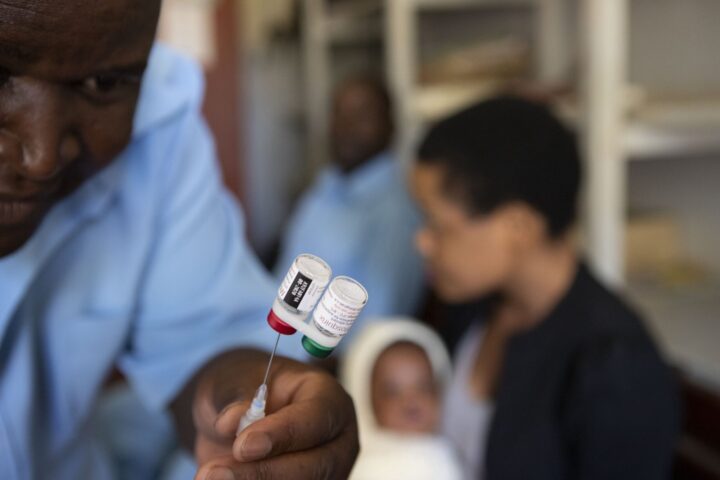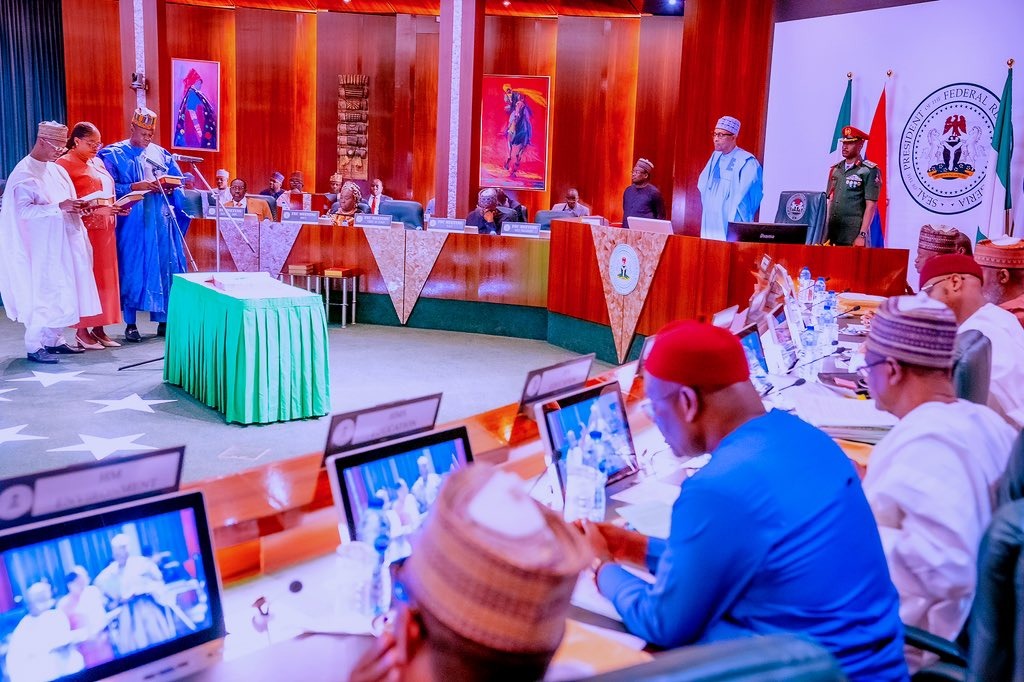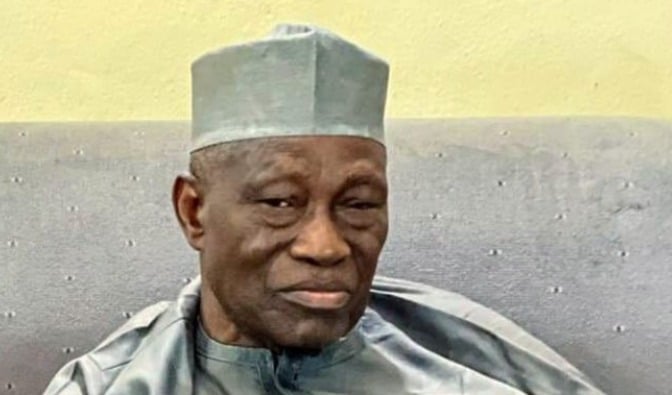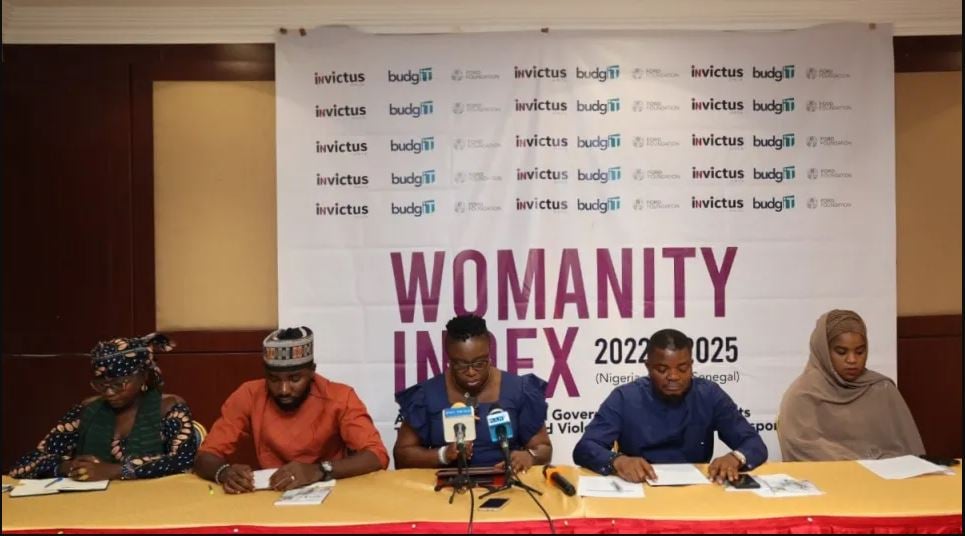Photo: WHO
The World Health Organisation (WHO) says about 6.2 million Nigerian children are unvaccinated due to the COVID-19 pandemic.
Matshidiso Moeti, WHO regional director for Africa, spoke on Tuesday at a press conference to flag off the African Vaccination Week (AVW) and World Immunisation Week with the theme ‘The Big Catch-Up’.
Moeti, represented by Walter Mulombo, WHO country representative to Nigeria, said there is a need to vaccinate about 33 million African children between 2023 and 2025.
She said the continent needs to get back on track to achieving the 2030 global immunisation goals and reducing morbidity and mortality from vaccine-preventable diseases.
Advertisement
“The Big Catch Up is actually a year-long campaign aiming to reverse the serious setbacks in routine immunisation,” she said.
“We acknowledge current efforts by government for 83 percent reduction in circulating variant poliovirus type 2. Also a significant feat in sustaining certification for the eradication of wild poliovirus in Nigeria.
“In the African region, WHO estimates show that the unprecedented impact of the COVID-19 pandemic on routine immunisation services has driven up the number of zero-dose and under-immunised children
Advertisement
“The effect causes rising by 16 percent between 2019 and 2021 and pushing the cumulative total (2019–2021) to around 33 million, which represents nearly half the global estimate.
“In Nigeria, WHO estimates that in 2019 to 2021, 6.2 million children are zero dose; a consequence of the negative impact of COVID-19 pandemic.”
‘URGENT MEASURES’
She said WHO held a high-level event during the African Union Summit in February 2023 to call for urgent measures towards reaching children across the African continent.
Advertisement
She said the African heads of state “endorsed a declaration aimed at revamping and scaling up routine immunisation across the continent” and also deliberated on ways of addressing “persistent bottlenecks in vaccine and health care delivery systems”.
“These are key for the reduction in the high burden of zero-dose children in Nigeria and align the theme for the 2023 AVW celebration,” Mulombo said.
“The plan to introduce malaria vaccine in routine immunisation and Human Papillomavirus Vaccine (HPV) in 2023 and 2024 are commendable.
“This is as it aligns with establishing a life-course platform for immunisation for optimum dividend from vaccination.”
Advertisement
ROLE OF MEDIA IN VACCINATION DRIVE
The WHO regional director urged stakeholders and the media to advocate more engagement with caregivers to take children to health facilities for routine immunisation.
Advertisement
“We need to encourage traditional and religious leaders with civil society groups to mobilise the community to always demand and access immunisation services,” she added.
“The media should let them know that vaccine is safe and effective against vaccine-preventable diseases.”
Advertisement
Add a comment






